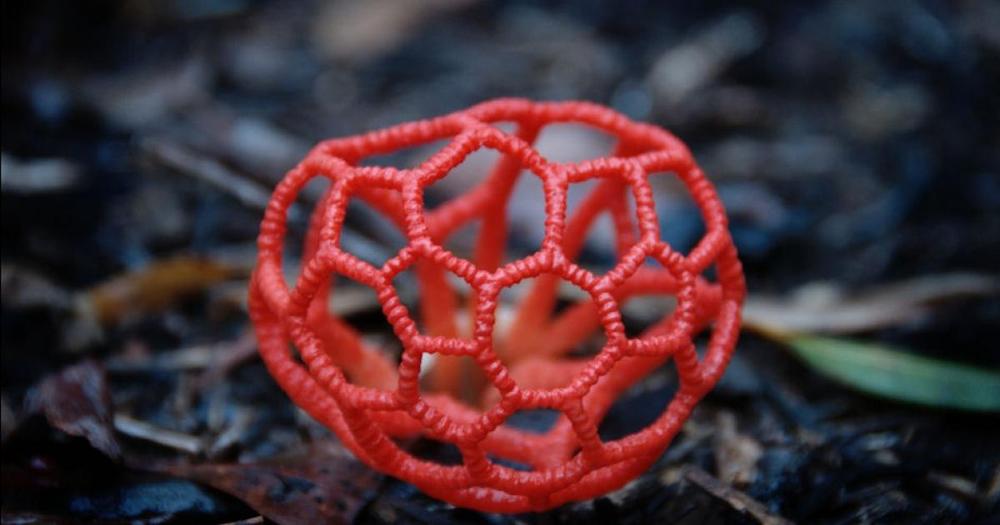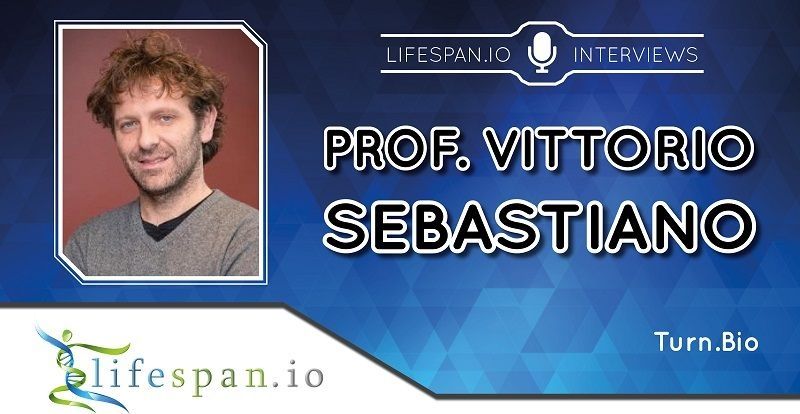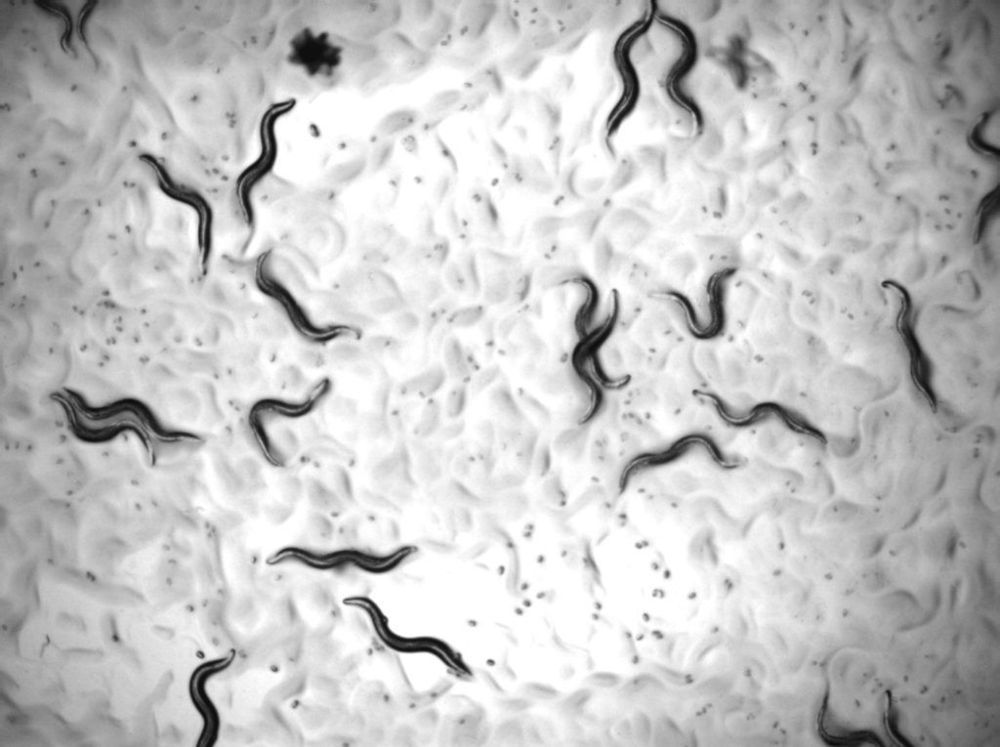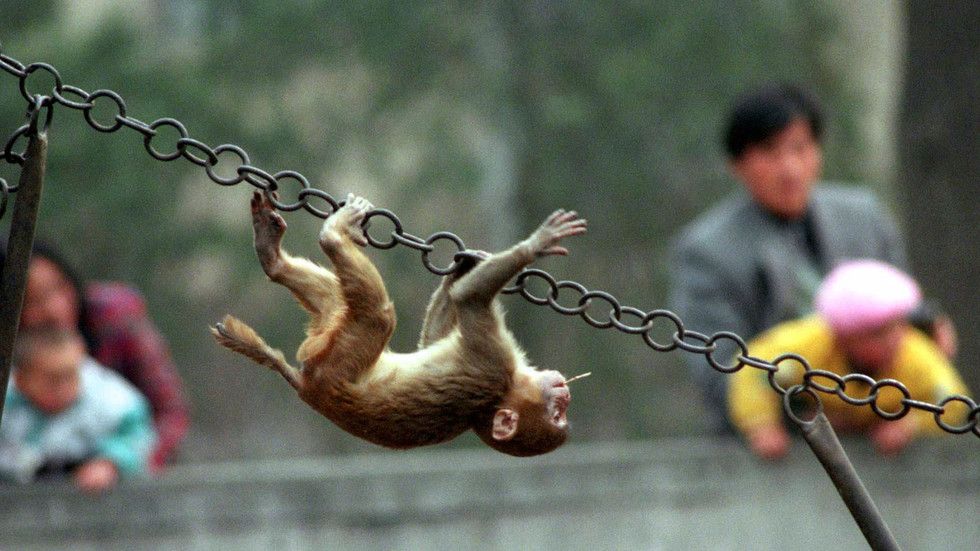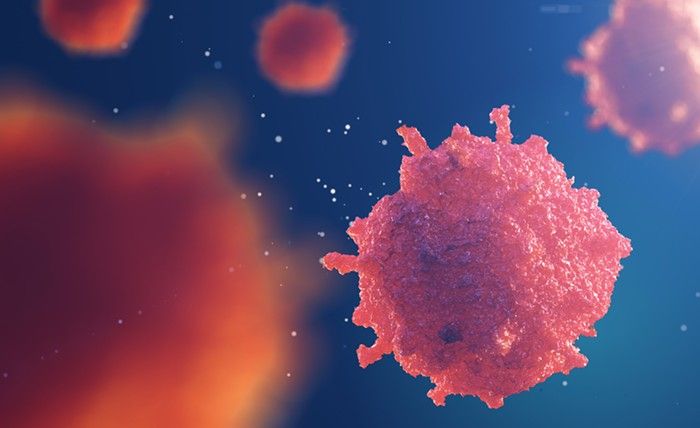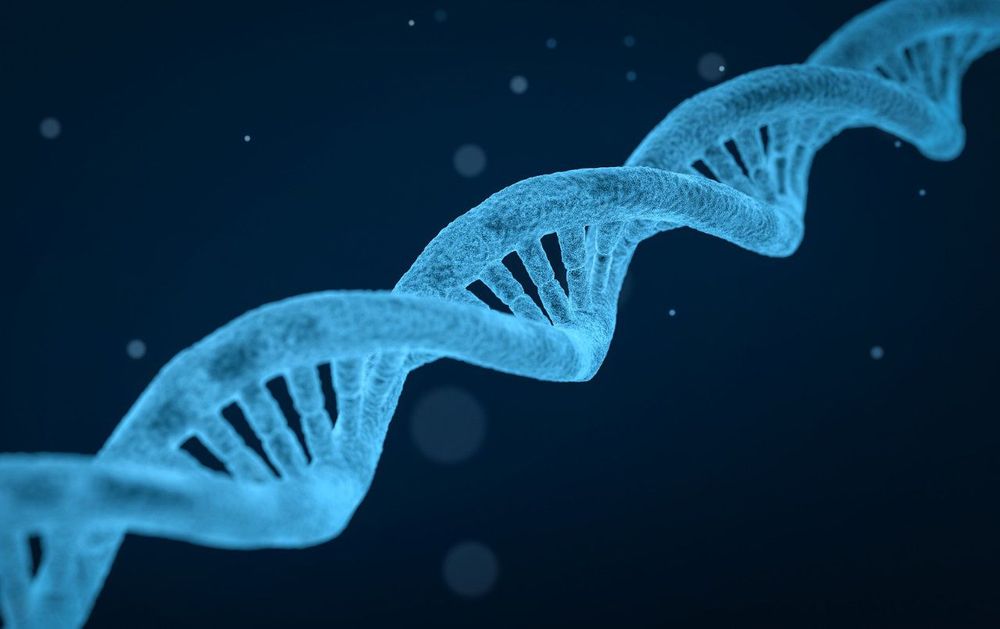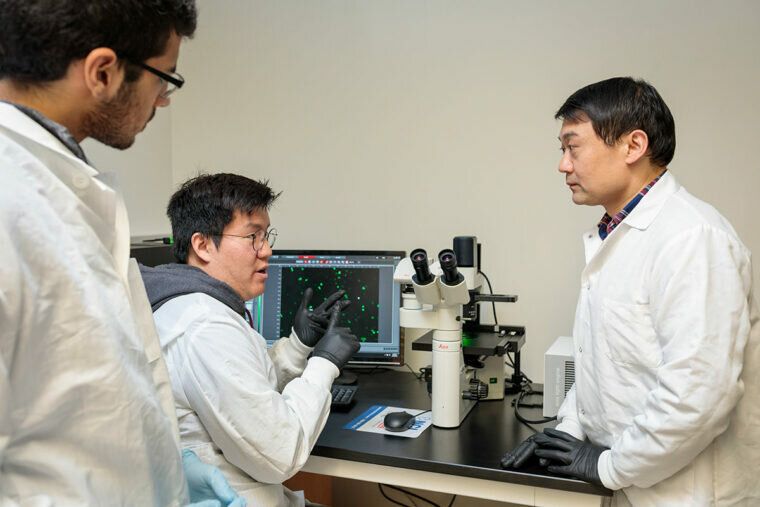Apr 4, 2019
Mushrooms Are A Highly Evolved Extraterrestrial Species — Organic Internet [VIDEO]
Posted by Quinn Sena in categories: alien life, genetics, internet, life extension, robotics/AI
It is a crazy thought, right?! To think that mushrooms could be alien life. But before you dismiss the idea, take a look at some of principles of the theory. The main concept was formulated by the ingenious psychonaut philosopher Terrence McKenna, and goes along following lines.
Like no other form of life on our planet, the spores of mushrooms are almost perfectly suited to space travel. They can survive high vacuum and insanely low temperatures; the casing of a spore is one of the most electron dense materials in nature, to the point where McKenna says it is almost akin to a metal; global currents are even able to form on the quasi-metallic surface of an airborne spore, which then acts as a repellent to the extreme radiation of space. It is a mind boggling thought that something could evolve to be so perfectly suited to explore the universe.
